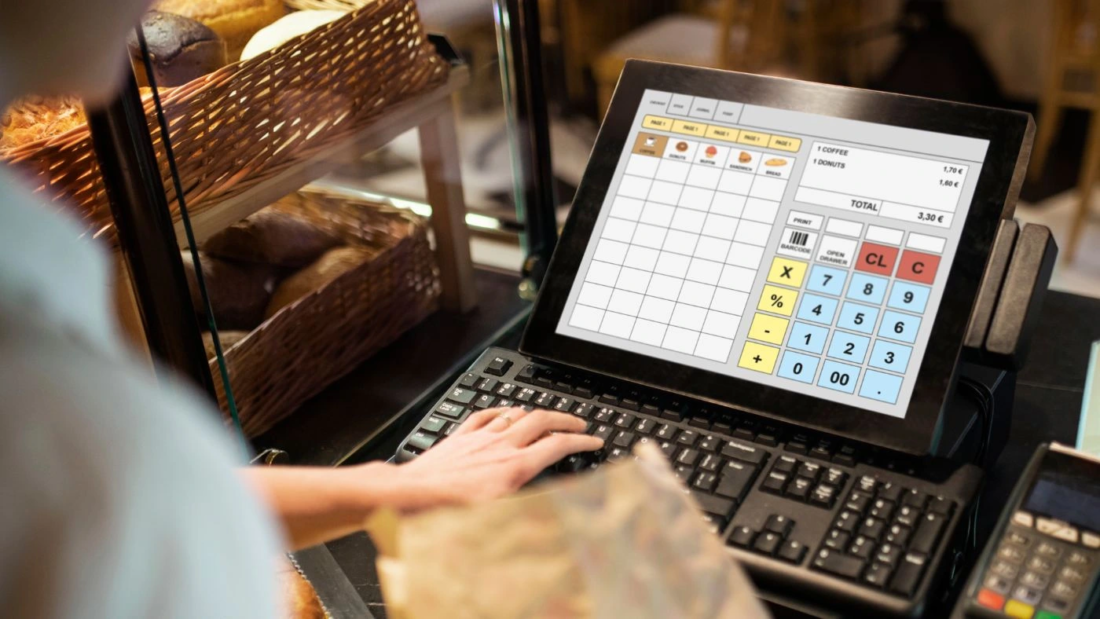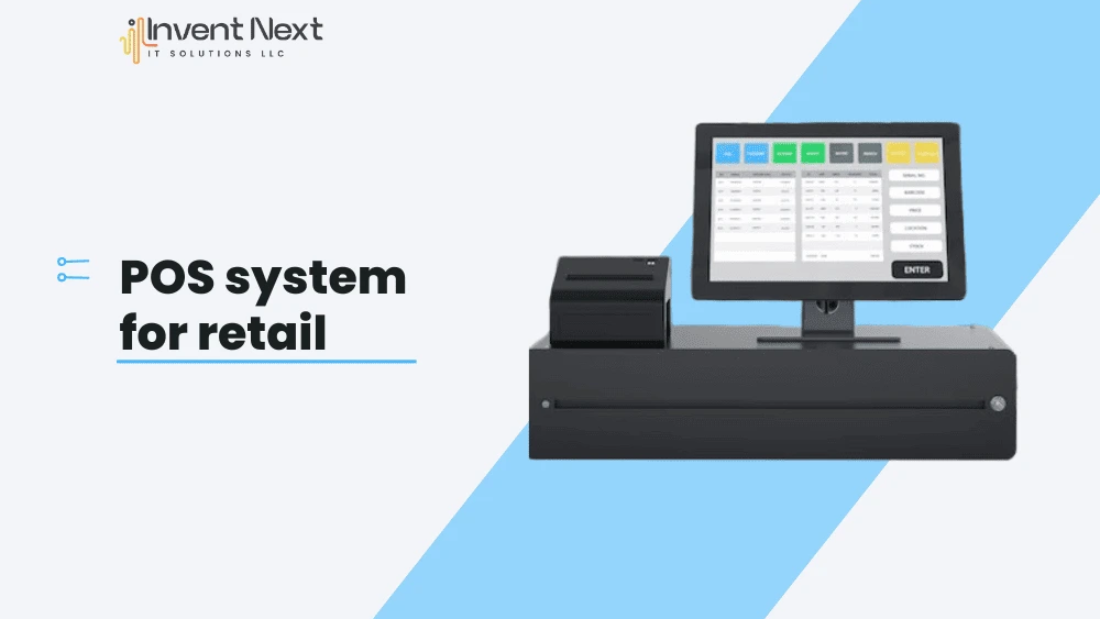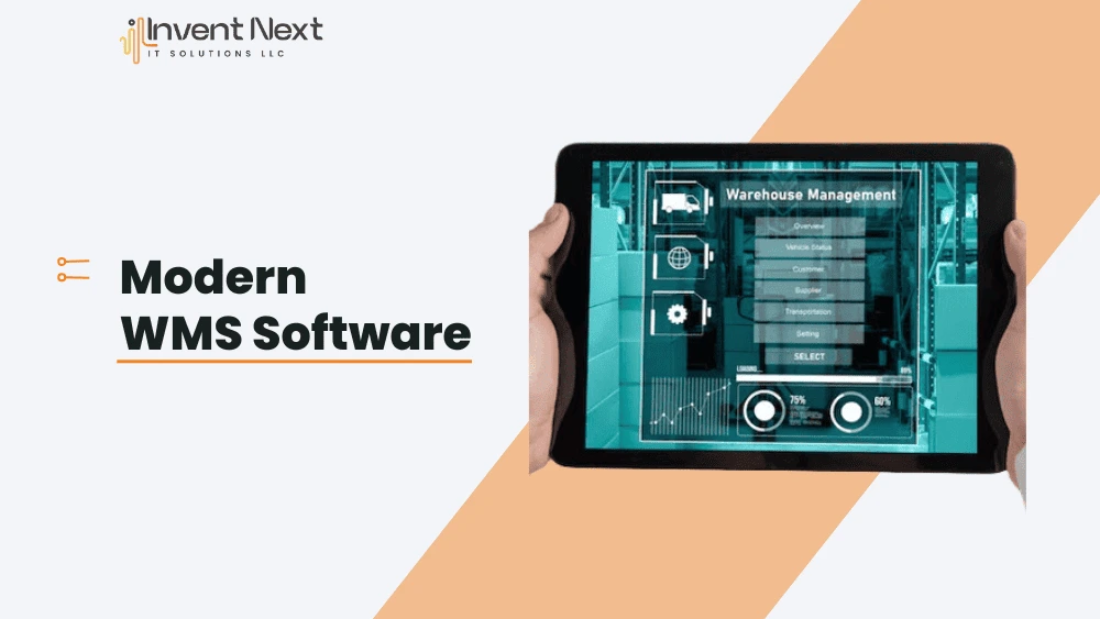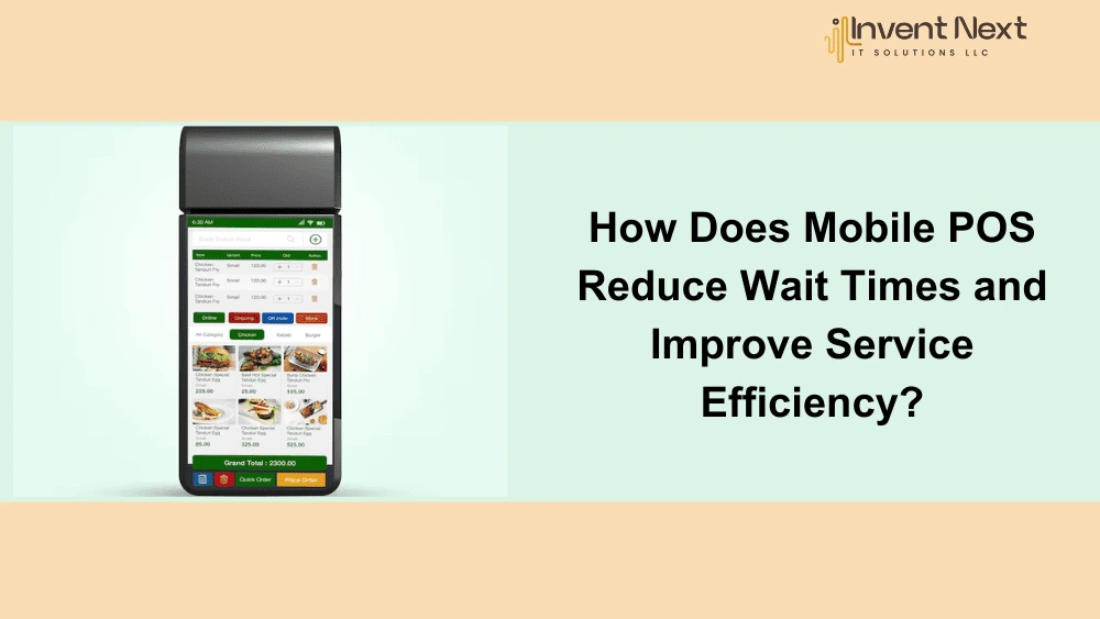In a growing business, the warehouse is more than just a storage space—it is the center of inventory movement, order fulfillment, and operational efficiency. When stock levels increase and order volumes rise, managing everything manually becomes difficult and error-prone. This is where Warehouse Management Software (WMS) plays a crucial role. For beginners, understanding WMS is the first step toward building a more organized and scalable business operation.
Understanding Warehouse Management Software
Warehouse Management Software is a digital system designed to manage and control daily warehouse activities. It helps businesses track inventory from the moment goods arrive until they are dispatched. Instead of relying on spreadsheets or paperwork, WMS provides real-time visibility into stock levels, locations, and movements.
At its core, WMS acts as a central platform that connects inventory data with warehouse processes. It ensures that every product is stored, picked, packed, and shipped accurately. When integrated with trading platforms or Trading software, it also aligns warehouse activities with sales and purchasing operations, creating a smooth and connected business workflow.
How Warehouse Management Software Works
When goods are received, the software records the quantity, product details, and storage location. As items move within the warehouse—whether for internal transfers, picking, or dispatch—the system updates stock levels automatically. This real-time tracking reduces confusion and prevents mismatches between physical stock and records.
Warehouse staff can use the system to locate items quickly, follow optimized picking paths, and complete orders faster. Management teams gain access to dashboards and reports that show inventory status, order progress, and overall warehouse performance.
Key Business Benefits of Using WMS
One of the biggest benefits of warehouse management software is improved inventory accuracy. Real-time updates minimize errors such as overstocking, stock shortages, or misplaced items. This accuracy directly impacts customer satisfaction and reduces operational losses.
Efficiency is another major advantage. By automating routine tasks and organizing workflows, WMS saves time and reduces manual effort. Faster order processing leads to timely deliveries and better service quality.
Warehouse management software also supports better decision-making. Detailed reports on stock movement, order trends, and storage utilization help businesses plan inventory more effectively and reduce unnecessary costs.
Real-World Use Cases
Warehouse management software is widely used by trading companies, distributors, wholesalers, and businesses handling physical goods. For example, a trading business managing multiple products can use WMS to ensure that inventory levels match sales orders in real time. This prevents selling unavailable stock and improves order fulfillment speed.
In growing businesses, WMS supports scalability by handling increased inventory and transaction volumes without disrupting operations. It also works seamlessly with trading systems to connect warehouse activities with billing, purchasing, and financial reporting.
Conclusion
Warehouse Management Software is no longer a complex tool reserved for large enterprises. It has become an essential solution for businesses looking to improve accuracy, efficiency, and control over their inventory. For beginners, adopting WMS is a smart step toward organized operations and long-term growth. When combined with trading software, it creates a powerful system that supports smooth workflows, better decisions, and a stronger foundation for business success.









